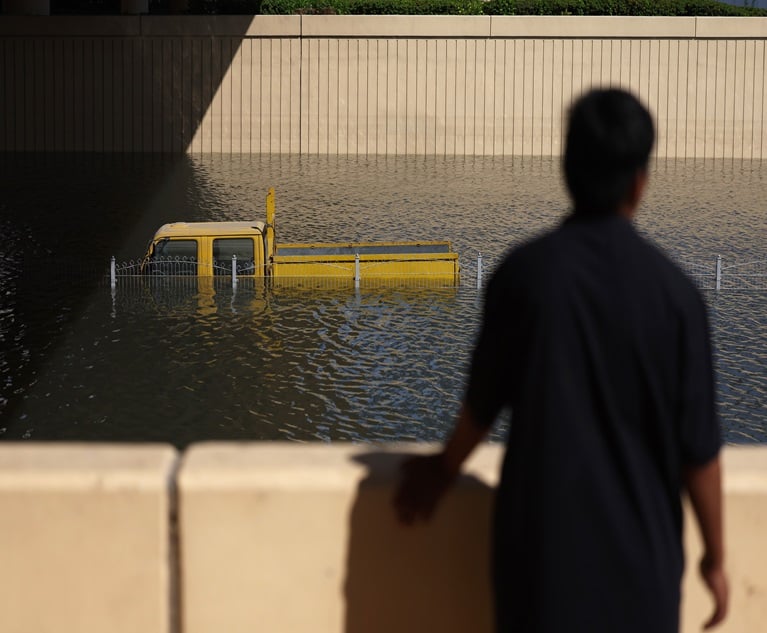The National Oceanic and Atmospheric Administration has recentlycompleted a study concluding that a warming global ocean couldinfluence the winds that shear off the tops of developing storms.This creates the possibility for fewer Atlantic hurricanes hittingthe U.S., which means homeowners' insurers may soon experiencefewer hurricane claims than expected.
|"We looked at U.S. land-falling hurricanes because it is themost reliable Atlantic hurricane measurement over the long term,"said Chunzai Wang in a release, physical oceanographer and climatescientist with the NOAA.
|Wang also noted that other factors are involved in Atlantichurricane activity besides wind shear, such as atmospherichumidity, sea level pressure, and sea surface temperature.
|According to the NOAA, observations from 1854 to 2006 show awarming of sea surface temperature occurring almost everywhere overthe global ocean, with large warming in tropical regions of thePacific, Atlantic, and Indian oceans. The study showed that warmerwaters in the tropical Pacific, Indian and North Atlantic oceansproduce opposite effects upon vertical wind shear. Overall, warmingin the Pacific and Indian oceans is of greater impact and producesincreased levels of vertical wind shear, which suppresses Atlantichurricane activity.
|Interested in more catastrophe news and in-depth articles? Headover to Claims' catastrophe channel for more information.
Want to continue reading?
Become a Free PropertyCasualty360 Digital Reader
Your access to unlimited PropertyCasualty360 content isn’t changing.
Once you are an ALM digital member, you’ll receive:
- All PropertyCasualty360.com news coverage, best practices, and in-depth analysis.
- Educational webcasts, resources from industry leaders, and informative newsletters.
- Other award-winning websites including BenefitsPRO.com and ThinkAdvisor.com.
Already have an account? Sign In
© 2024 ALM Global, LLC, All Rights Reserved. Request academic re-use from www.copyright.com. All other uses, submit a request to [email protected]. For more information visit Asset & Logo Licensing.








